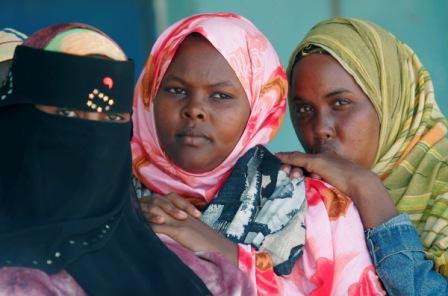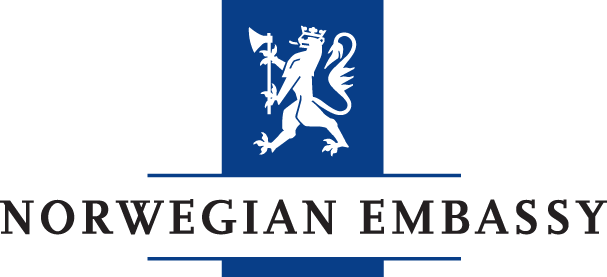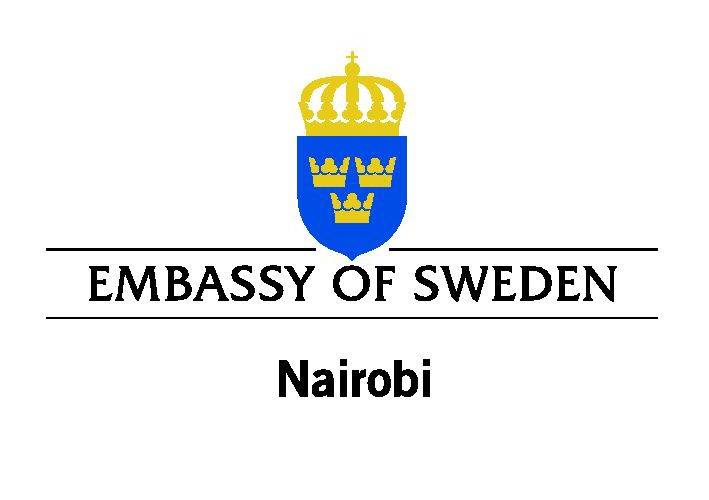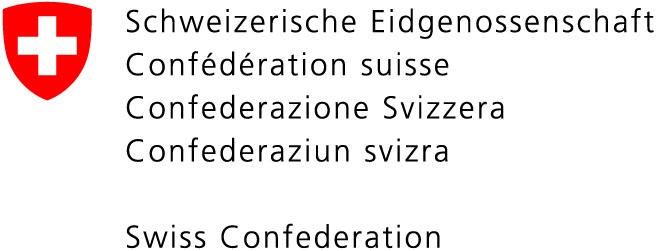Somali women - agents of change

Women across the Somali Region are pushing the boundaries of peace. They are positioning themselves as agents of change as the region continues to pull itself out of conflict and overcome the deep scars that violence is leaving behind.
Joining forces to profile women and peace
Interpeace local partners, the Centre for Research and Development (CRD) in South-Central Somalia and the Puntland Development Research Center (PDRC) joined forces to capture the voices of Somali women.
From all sectors and levels of Somali society, these pioneering women share their views, experiences and insights as they navigate their difficult role as women driving the peace agenda.
Women most affected by violence
Women are those most affected by violent conflict because it is them who lose their husbands, sons and daughters. At the same time, from their central role in society also comes great strength. Women have the ability to influence the members of their families and steer them towards rejecting violence and promoting peace.
Yassin Abdisamed, a businessman and one of the traditional elders in Galkayo explains: “Women here are more vigilant to peacebuilding than women in other regions, because they have firsthand experience of the pain conflicts can cause. Over time, they came to know that in the end nobody triumphs in a conflict. That makes them responsive to issues that may disrupt peace.”
Mums and wives: pillars of peace in the home
“In order to make a real change in society, we need to strengthen our capacity. Building peace starts at the household level. That is what we should focus on,” explains Halima Ismail, one of the women featured in the video.
And Asha Salat adds, “We can do a lot to prevent our sons and husbands from taking part in conflict. Once we succeed at the family level, we take the peace initiative beyond our homes. Being a good wife and mother should not allow men to disrupt peace.”
From pioneers to mainstream
During the past 10 years, there have been a lot of positive changes for women in Puntland. As women have become more and more educated over the past 10 years, their status in what is traditionally a patriarchal society, has been strengthened. Women are now represented on the political level and some have become leaders speaking on behalf of Puntland. They are also quick to take on their role as mediators.
Women as mediators
Yassin Abdisamed highlights how women in Galkayo have kept trade routes open. Located at the centre of Puntland most trade passes through this strategic town. However clan conflicts have been dividing the city into parts with borders that are dangerous to cross. “As a result transport and trade across the two sides came to a halt. Whenever this happens, a committee of 10 women (five from each side) intervenes to resolve the issues and restore peace within the (divided) community,” says Yassin.
Fatma Yusuf, one of the Puntland women standing up for peace, tells us about her experience in mediating conflicts in her hometown “We put on white clothes and went right between the sides to bring ceasefire. We went from here and joined the women on the other side. Together, we went to each checkpoint where trade trucks were detained. We appeased the clan militia, the elders, youth and anybody who had a grudge. And we refused to go home unless both sides removed the trade curfew.”
Women around the world can look to the Somali region
Interpeace local partners CRD and PRDC provide support to women peacebuilding taking action in their communities. Nuria Abdi, oversees the initiatives and shared with us why working with other Somali women is key: “Our society is patriarchal but many men are up for change. It is simply a matter of encouraging women to get involved and participate.” Nuria adds:”Women are the ones that can promote peace, at home, between communities and on regional and national levels. They are the future.”
Listen to the voices of more Somali women:
Watch Somali Women - Agents of Change
|
|
 |
 |
 |
 |
